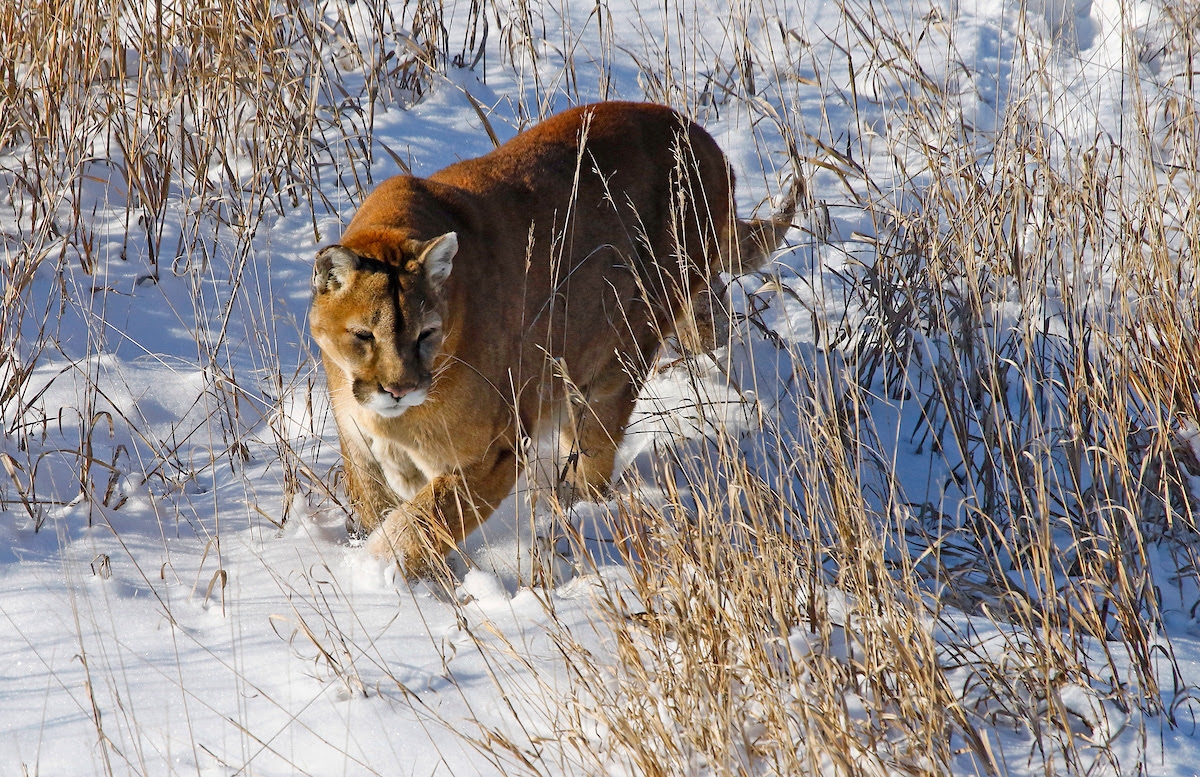Colorado, known for its stunning mountain ranges and diverse wildlife, has recently implemented a ban on mountain lion hunting. This decision has sparked both support and controversy among residents and conservationists alike. Mountain lions, also known as cougars, play a vital role in the ecosystem of the state’s wilderness areas.
With their populations already facing threats from habitat loss and human encroachment, the ban on mountain lion hunting aims to protect these majestic creatures from further harm. The decision to outlaw hunting these animals has been met with mixed reactions, with some applauding the move as a step towards conservation and others arguing that it infringes on their rights as hunters.
The ban on mountain lion hunting in Colorado comes as part of a broader effort to preserve the state’s wildlife and natural habitats. Conservationists argue that hunting these predators disrupts the delicate balance of the ecosystem and can have detrimental effects on other species. By prohibiting the hunting of mountain lions, officials hope to ensure the long-term sustainability of these animals and their habitats.
Opponents of the ban, however, argue that hunting is a traditional practice that helps manage wildlife populations and prevent conflicts with humans. They believe that the ban on mountain lion hunting will only lead to an increase in encounters between these animals and people, posing potential risks to public safety. The debate over the ban continues to divide opinions within the state.
As Colorado moves forward with its ban on mountain lion hunting, the decision is sure to have lasting impacts on the state’s wildlife and conservation efforts. Whether the ban proves to be effective in protecting these elusive predators remains to be seen, but one thing is certain – the debate over the ethics and necessity of hunting these animals will continue to be a contentious issue in the years to come.
In conclusion, the ban on mountain lion hunting in Colorado reflects a growing awareness of the importance of preserving the state’s natural ecosystems and wildlife populations. While the decision has sparked debates and controversy, it ultimately underscores the need for sustainable conservation practices that prioritize the well-being of all species that call Colorado home.
